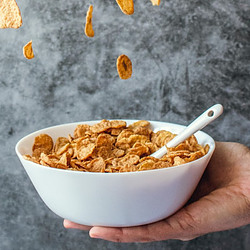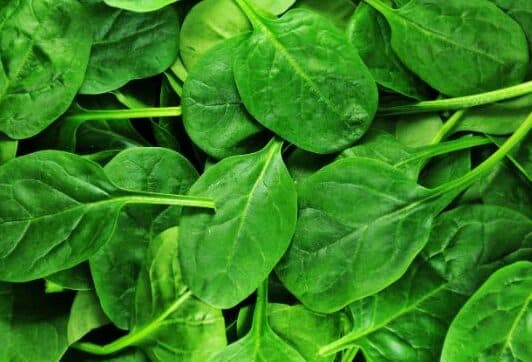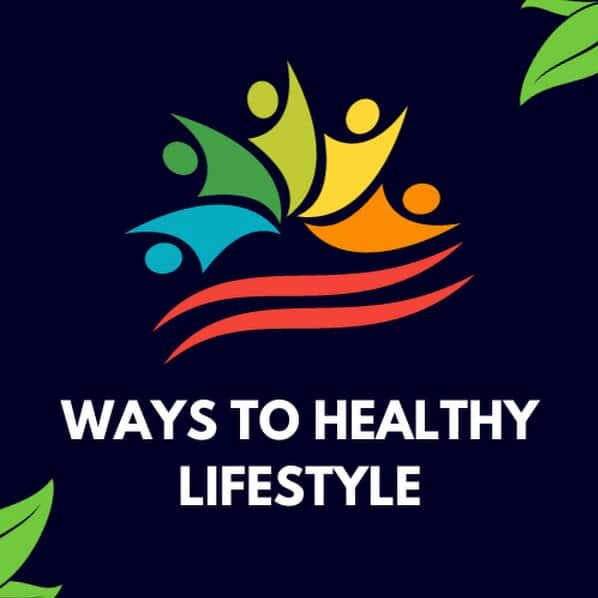Unveiling the Truth Behind Vitamin D Deficiency in Vegetarians: Causes, Effects, and Prevention
Have you recently diagnosed with Vitamin D deficiency? What have you done so far that worked for you in this regard? Vitamin D deficiency is a common problem among vegetarians, as it is not found in many plant-based foods. This can cause a variety of health issues, including weakened bones and an increased risk of certain diseases. Fortunately, there are ways to get enough vitamin D from food sources or supplements to meet the recommended daily intake. In this article, we will explore What is vitamin D, What causes Vitamin D deficiency, and Prevention through food sources.
What is Vitamin D and Why Does It Matter to Vegetarians?
Vitamin D is an essential nutrient that plays a vital role in maintaining good health.
For vegetarians and vegans, getting enough vitamin D can be a challenge since they do not consume animal products like eggs and dairy, which are rich sources of this vitamin. People who are vegan, lactose intolerant, or who have a milk allergy are at increased risk of vitamin D deficiency
Now-a-days , our exposure to sunlight is so limited that many people are facing vitamin-D deficiency. So We need to fulfill the requirements by eating foods that are rich in vitamin D.
Calcium and Vitamin D work together to protect your bones—calcium helps build and maintain bones, whereas Vitamin D helps your body effectively absorb calcium and prevents bone problems.
Why vitamin D Defieciency is common in Vegetarians?
Vitamin D is an essential nutrient for our bodies, and its deficiency can have serious health implications. However, there are 4 main reasons why vegetarians don’t get enough vitamin D
1. Unaware of the causes:-Vitamin D deficiency is a growing health concern among vegetarians, vegans, and other plant-based eaters. Unfortunately, many vegetarians are unaware of the causes and effects of vitamin D deficiency, as well as the preventative measures they can take to ensure they get enough of this essential nutrient.
2. Main dietary sources of vitamin D are animal products:-Vitamin D deficiency is a common problem among vegetarians, as they are more likely to not get enough of this important nutrient from their diet. This is because the main dietary sources of vitamin D are animal products such as fish, eggs, and dairy.
3. Limited Supplementation:-Vegetarians may not always compensate for the lack of dietary sources of vitamin D with supplements. While it’s possible to get vitamin D from vegan supplements, some vegetarians might not be aware of this or choose not to take them.
Health Issues Caused by Vitamin D deficiency
Vegetarians are particularly vulnerable to Vitamin D deficiency due to their dietary restrictions. Low levels of Vitamin D can lead to various health issues, including
- Weakened bones
- Impaired immune system functioning
- Increased risk of certain types of cancers
- In adults, it can lead to osteomalacia that causes weak bones, bone pain, and weakness of bones.
- In children, it can cause rickets where the bones become soft and bend.

It is therefore important for vegetarians to understand the impact that low levels of Vitamin D can have on their health and take steps to ensure that they get the necessary daily intake of this crucial vitamin.
Prevention through Vitamin D Food Sources
Vitamin D is an essential nutrient for our bodies and is found in a variety of food sources. Eating foods that are rich in vitamin D can help us maintain healthy bones, teeth, and muscles. Vitamin D is an essential nutrient for a healthy lifestyle and vegetarian diets can be enriched with various sources of vitamin D. The natural Source of Vitamin D production is Sunlight. But ever since the pandemic like covid-19 , due to the restrictions, we had to stay at home and our exposure to sunlight became very limited.
While we can get some of it from the sun, it’s important to get enough from our diets as well.
Below are some foods that we must include in our daily diet that will ensure that our bones and hormones are functioning properly. Including these foods in your diet can help ensure that you are getting enough vitamin D to stay healthy.
- Fortified Foods:-

Vitamin D is added to certain foods to increase their nutrient content. Examples include fortified orange juice, soy milk, almond milk, and breakfast cereals. Fortified foods can be a great option for people who struggle to obtain sufficient vitamin D through sunlight or natural food sources.
2. Mushrooms:-

Certain types of mushrooms, especially those that have been exposed to ultraviolet (UV) light, are a good source of vitamin D. When mushrooms are exposed to sunlight or UV radiation, they can synthesize vitamin D2, also known as ergocalciferol. This form of vitamin D is not as potent or biologically active as the vitamin D3 synthesized in human skin, but it can still contribute to the overall intake. Some mushrooms commonly found in grocery stores, such as shiitake and maitake, contain higher levels of vitamin D due to their exposure to UV light.
3. Spinach:-

Spinach is a leafy green vegetable that is packed with vitamins and minerals, although vitamin D is not one of its primary nutrients. However, spinach does contain trace amounts of vitamin D, with approximately 0.1 micrograms per 100-gram serving. While this contribution is relatively low, spinach is still a valuable vegetable due to its high content of other nutrients, including vitamins A, C, and K, as well as iron, calcium, and folate.
4. Avocado:–

Avocado is a nutrient-dense fruit that offers a range of health benefits. On average, a 100-gram serving of avocado provides about 1-2 micrograms of vitamin D. While this contribution is minimal compared to the recommended daily intake, avocados offer other essential nutrients such as healthy fats, fiber, vitamins, and minerals.
5. Dairy Products such as Milk, Yogurt and Cheese:-

If you want to fulfill the requirement of vitamin D, you want to add more dairy products in your diet. Milk, Yogurt and Cheese are rich in Vitamin D and daily consumption of them will help you to get rid of this deficiency. Now-a-days, Flavored Yogurts and Flavored Milk are available in supermarkets. So you can choose as per your taste and consume them on a regular basis.
Vitamin D deficiency is very common, and a person can check their levels with a blood test. Depending on the results, the doctor may recommend a supplement. If left untreated, it can lead to serious nervous problems, so it would be a wiser idea to check the vitamin levels after every 2 years.

Final thought
Vitamin D deficiency is more common in vegetarians especially in vegan as they avoid milk and milk products. But, with proper planning and eating the superfoods given in the article, even a vegetarian can fulfill the need of vitamin D. I hope this article helped you to get some idea on how you can maintain your vitamin D level.
If you found this article helpful, do not forget to share it with your friends.
ALSO SEE:

